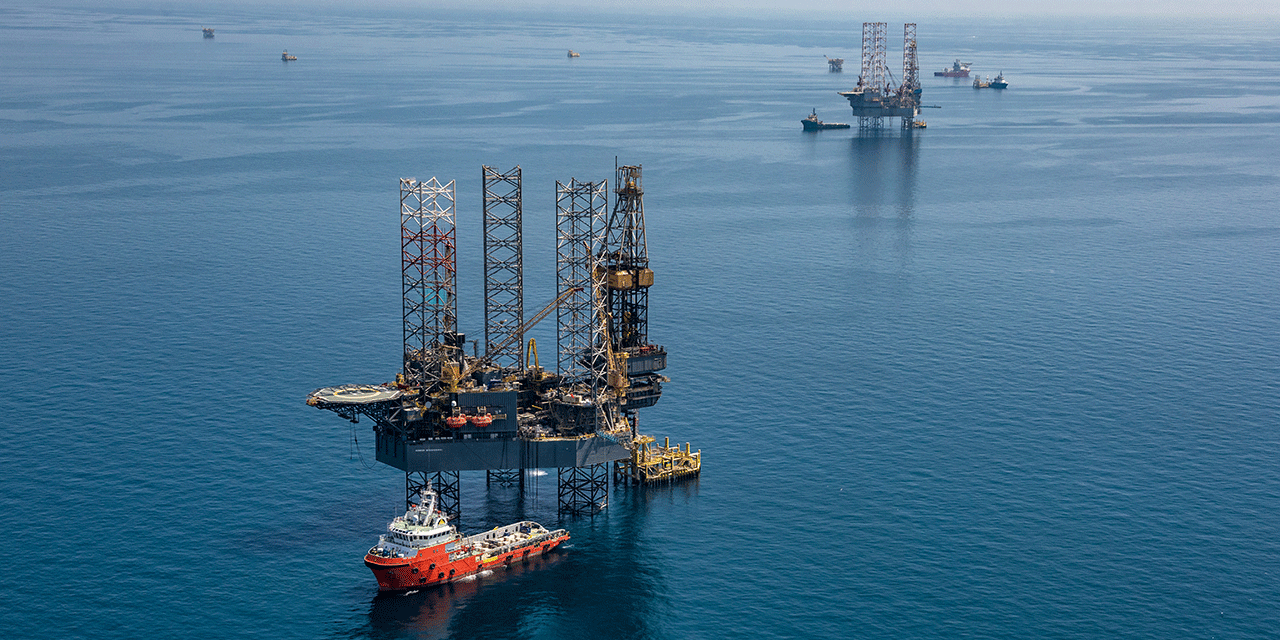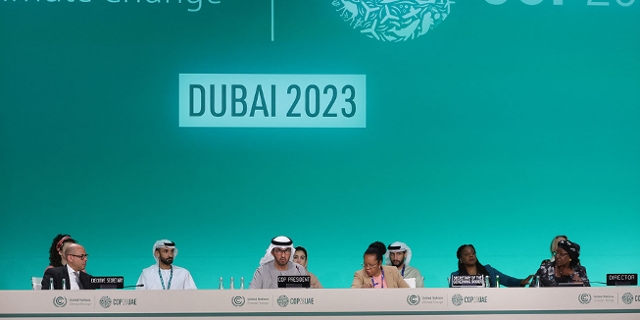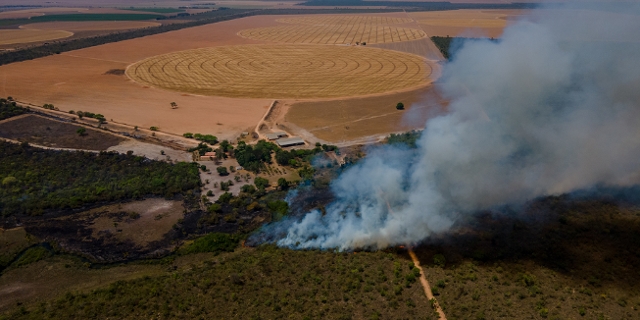Why Is Tax Money Propping Up Rich Oil Giants?
This week the oil company BP announced that annual profits more than doubled to $28 billion. It also announced it would cut its greenhouse gas emissions pledge and plans a greater production of oil and gas over the next seven years compared with previous targets.
This goes against UN IPCC scientific consensus that states clearly that we can afford no new fossil fuel exploration and must be rapidly moving away from fossil fuel consumption. Otherwise we face utterly catastrophic climate change, unliveable regions and therefore mass migration. But it seems the voice of money speaks louder than the voice of science.
A rival oil company, Shell, made even more money last year, recording the biggest profits in its 115-year history while OMV made net gains of over 5 billion euros.
These are very much fat cats. Yet all of these companies are benefitting from government aid in terms of subsidies. That means while tax-payers are shivering in underheated homes this winter, afraid to nudge up the thermostat, their tax money is being used to make business easier for these oil giants. Why is it this way and can it change? That’s what I wanted to find out on Klimanews Weekly.
What Are Fossil Fuel Subsidies
Fossil fuel subsidies are measures taken by governments that artificially lower the price of coal, oil, or natural gas. Fossil fuel companies have been receiving more state help recently than ever before. Ipek Gençsü of the London based think tank ODI tracks fossil fuel subsidies, and she has been looking at the latest available figures. “The International Energy Agency tracks what fossil fuel subsidies some major economies provide,” she told me, “According to their data, overall, government support for fossil fuels in some of the world’s largest economies adds up to about $697 billion per year.”

ODI
Ipek Gençsü of the London based think tank ODI tracks fossil fuel subsidies.
That means more public money - more of your money – is being used to exploit new coal seams or to explore for more oil and gas. At a time when scientists say the climate can afford no new fossil fuel projects. And this comes 14 years after a famous pledge at a meeting of the world’s top economies. In 2009 the G20 vowed to phase out subsidies for fossil fuels. Presenting the agreement to the world’s media, former US President Barack Obama said it would allow rich nations to “transition to a 21st century energy, achieve energy security and combat climate change.”
Why Has That Not Happened?
A decade and a half on, none of those twenty economies has lived up to that promise. So, what has gone wrong? “To get people over the line, they said they would phase out ‘inefficient’ fossil fuel subsidies in the ‘medium-term’,” explains Ipek. “And they never really defined what inefficient means. And they didn’t set a timeline of what the medium-term means."
That is like if I announced I was giving up drinking but then, under my breath, added I was only actually going to give up drinking methylated spirits and, indeed not now, but some time in the future.
So when we look at government policy on fossil fuel subsidies it is important that you didn’t read the small print on fossil fuel subsidies. But if you have not done that yet, it is very forgivable. Governments and fossil fuel companies have made it extremely hard for us to understand their cosy relationships.
“There are some open databases which we rely on,” says researcher Ipek, “but a lot of the information is not disclosed on that. It is always a challenge finding this information, and that is intentional.”
Why Is There So Little Public Outcry?
Fossil fuel subsidies are one of the biggest financial barriers hampering the world’s shift to renewable energy sources. And yet they do not excite protest movements in a way that, for example, new motorways or forest clearances do.
That is perhaps because they are bafflingly complex. Sometimes it is just companies getting government cash to help fund activities such as exploration, extraction, processing. Sometimes it is about governments not collecting cash that they could have collected. “They also provide what’s called an investment allowance to encourage companies to continue to invest in producing fossil fuels,” explains Ipek. “They say we won’t tax you on this proportion of your profits.” Then there are consumption subsidies – governments setting energy price cuts for consumers, such as setting fixed prices at petrol stations and then paying the rest themselves.
And then there is a broader sphere of public funding money from the World Bank, the European Bank for Reconstruction and Development, the European Investment Bank. All these banks have public money and continue to invest in fossil fuels. “The latest analysis shows that twice the amount of public finance was provided for fossil fuels than the amounts to renewables,” says Ipek. “So clearly this public finance is continuing to go in the wrong direction.”
What Is The Situation Like in Austria
15 months ago, at the COP26 Climate Summit in Glasgow, we should have seen the beginning of a shift in Austria’s fossil fuel subsidy policy. All countries committed to phase out subsidies to fossil fuels. That will be a big challenge: in the year of the conference Ipek’s research shows Austria provided at least €550 million of tax exemptions for fossil fuels.
“These have been mainly through tax refunds for energy use in industry,” she explains. “That means that industries that use coal, oil, gas have received tax refunds. Governments have said to them: ‘It’s alright. You are doing an important job. Therefore, you can use fossil fuels for much cheaper rates than market value’. This continues to increase that reliance on fossil fuels.”
The government has for example helped the aviation industry buy kerosene.
Why Don’t Governments Just Stop?
Of course, we can’t expect miracles, can we? Our entire economies have been tightly bound to the burning of fossil fuels since at least the mid-19th century. Disentangling ourselves from climate killing systems will be difficult. From our electricity grid to our heating systems. For decades, all our infrastructure has been built on the assumption that we will continue to burn fossil fuels.
“It’s technically very difficult to switch to renewables and to make the system fit for renewables, to create a more modern, digitalised grid that incorporates renewables,” admits Ipek. But it’s not just technology; it’s social policy. Government officials need to keep people in employment or they will quickly lose their own jobs.
“A lot of people are still employed in the fossil fuels sector all over Europe,” recognizes Ipek. “There have been all these large communities that make their livelihoods from coal, for example, and it’s been a huge challenge to provide new economic diversification, new jobs and livelihoods for those people."
What Impact Has The War In Ukraine Had?
Of course, these past 12 months have been dominated by Russia’s war in Ukraine; a conflict that has sent governments scurrying to invest in alternative energy flows. That has meant opening coal fields in Germany or currying favour in autocracies such as Qatar or Saudi Arabia.
“Of course, we need to do everything we can to untangle our relationship with Russia and to make sure we don’t rely on fossil fuel supply from them,” says Ipek. “But this is just another indicator that we should not be relying on fossil fuels because it’s very much linked to our relationship with a lot of these fossil fuel producing countries.”
Publiziert am 10.02.2023




















